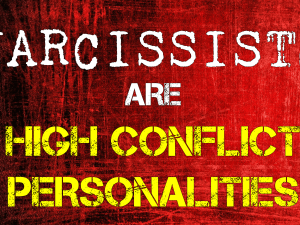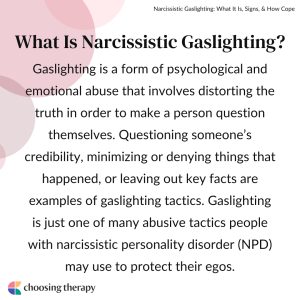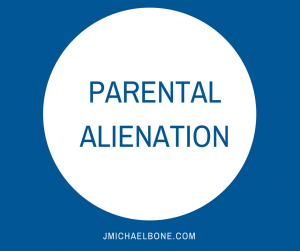Understanding Dissipation of Marital Assets in an Illinois Divorce: In Illinois divorce cases, the concept of dissipation of marital assets can significantly impact the division of property.
Dissipation refers to one spouse’s wasteful or improper use of marital assets for purposes unrelated to the marriage, often to the detriment of the other spouse. Understanding this concept is crucial for ensuring a fair division of property during divorce proceedings. Under Illinois law, specifically the Illinois Marriage and Dissolution of Marriage Act, marital assets are divided equitably, not necessarily equally.

Dissipation occurs when one spouse uses marital funds or property for uniquely personal benefit, unrelated to marital purposes, typically after the marriage has begun to break down irretrievably. Common examples include extravagant spending on items that are exclusive to the purchasing spouse (such as an expensive watch), gambling, funding an affair (travel, dinners, jewelry for a paramour), or transferring assets to hide them from the other spouse. For instance, if one spouse uses marital savings for lavish vacations or gifts to a third party after the marriage deteriorates, this could be considered dissipation.
 Illinois Divorce Lawyer Blog
Illinois Divorce Lawyer Blog





